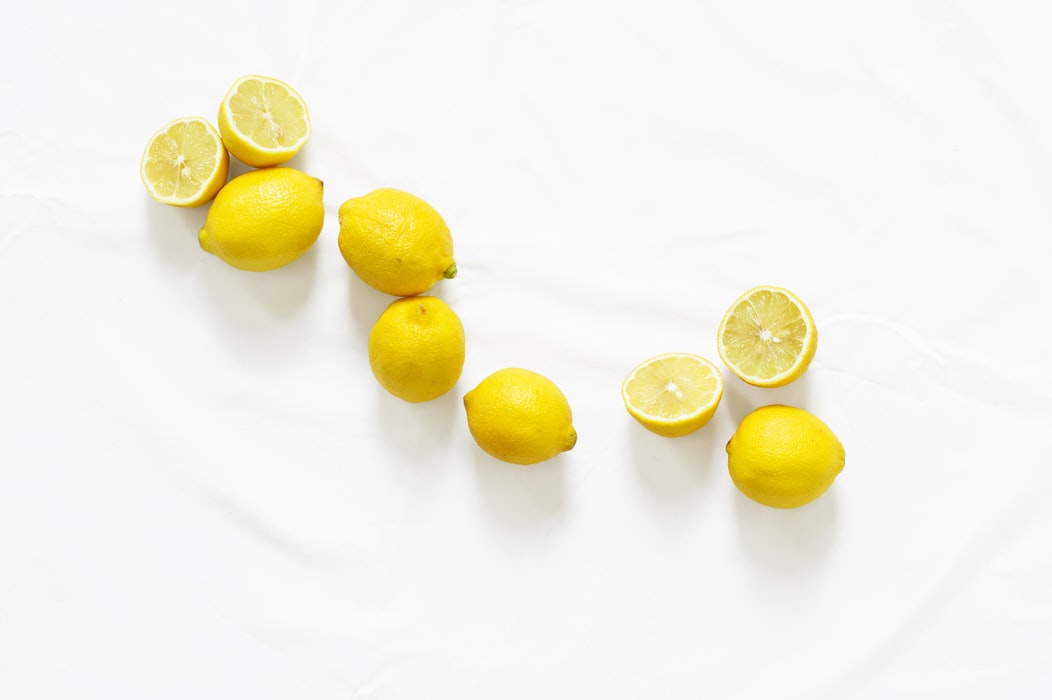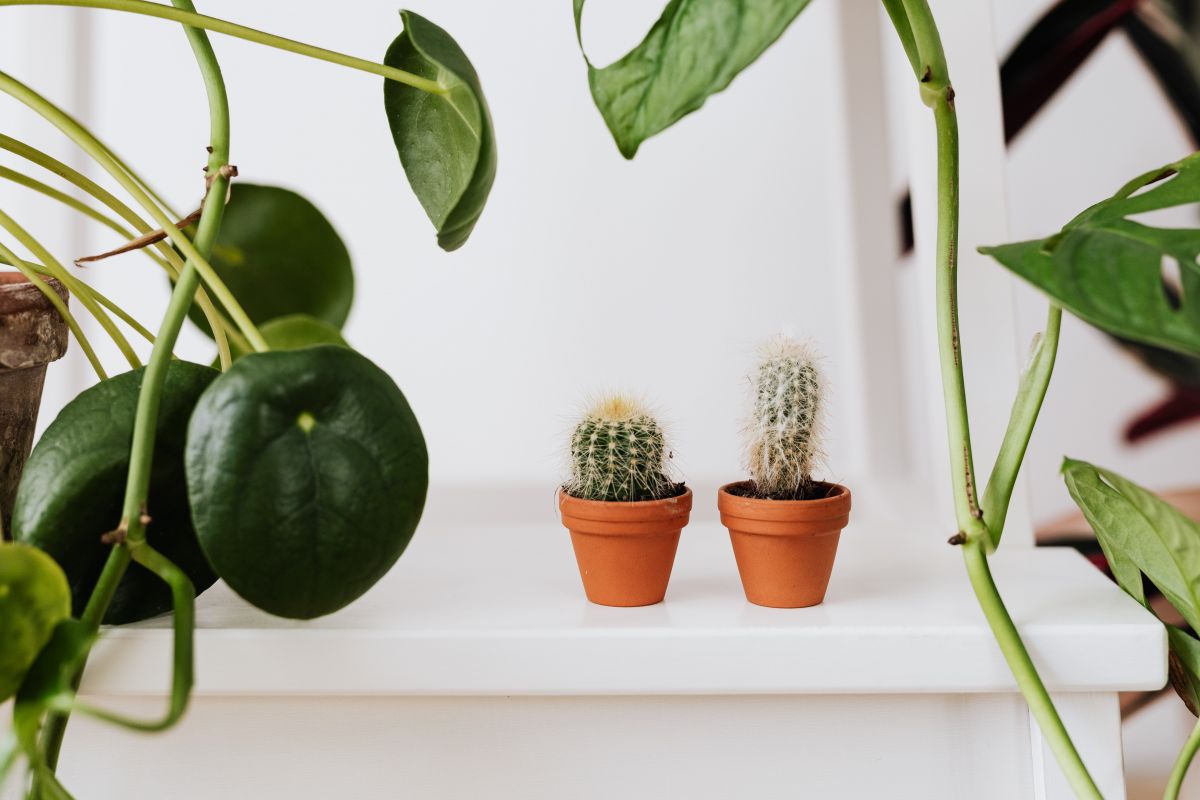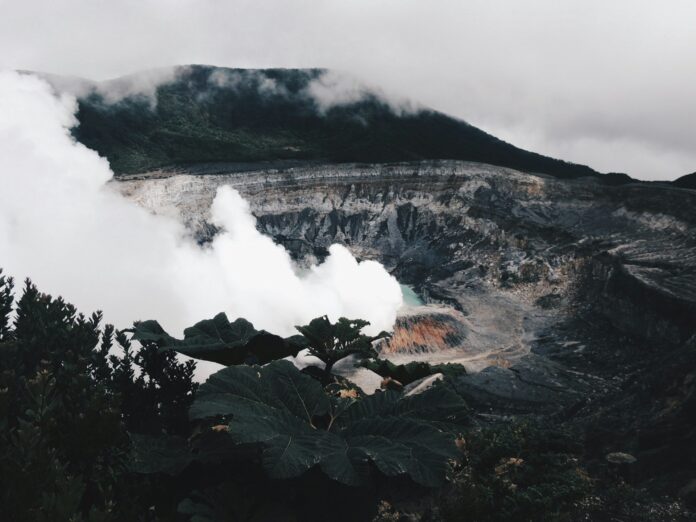
Ideal for going greener with your cleaning this Spring.
Spring is just around the corner, and that means many of us are starting to think about giving our home that good seasonal sort out that this time of year is famous for. Whether you’re looking to give your home a long-awaited professional clean, or you just want to freshen up certain rooms, you don’t need to overload your house with chemicals or virgin plastic to get the job done.
Chemical-based cleaning certainly products have their drawbacks even before considering their enviromental impact– they’re pricey and can trigger health issues. But more importantly, how they’re made, used and disposed of can do untold damage to the environment. What’s more, nearly all of the cleaning utensils which we use to clean our homes are also made of virgin plastic.
Indeed, cleaning can be incredibly harmful to the environment, which is why we have teamed up with eco-friendly cleaning specialists The Greener Cleaners to bring you these 10 eco-cleaning tips for the big spring clean, Ideal for going greener with your clean this Spring.
USE GREENER CLEANING TOOLS
With 12.2 million tonnes of plastic entering the ocean every year, and with plastic being the biggest man made pollutant on the planet, it’s high time we swaped out our typical plastic cleaning tools for an eco-friendly range like Greener Cleaner. Their products are made from 100% recycled plastic, re-utilising waste plastic that would otherwise go into landfill. The brand also pledge 1% of every £1 on tackling plastic pollution and protecting the UK coastline, supporting Surfers Against Sewage in the UK.
Read: How to determine if a cleaning product is indeed eco-friendly

USE LEMON INSTEAD OF STRONG CHEMICALS
Looking for a natural cleaning solution? Use lemon. The use of strong chemicals only adds to the risk of air pollution in our homes, which can cause an array of health issues, but lemons have powerful antiseptic and anti-bacterial properties. In addition to this, the high acidic content also means they are also a natural deodoriser. As such, you can use lemon to do anything from re-establishing the shine in your copper pans, mixing with vinegar to absorb odour, or rub a slice of lemon across your chopping board to disinfect it.
The power of this acidity can also be harnessed when cleaning your dishwasher. As the Rain City Maids of Bothell recommend on their informative blog, all you need to do is ”Pour one cup of distilled white vinegar into a dishwasher-safe bowl. Then, replace the top rack inside your appliance and put the bowl on it. Once the bowl is safely placed inside the dishwasher, close the door and run a hot water cycle—leave the detergent compartment empty.”
Then, once the cycle is over and your dishwasher has cooled down, simply wipe the walls and corners with a clean, wet sponge.
REPURPOSE OLD CLOTHES
Stop using paper towel and wet wipes to clean your kitchen. Instead get into the habit of using washable cloths instead, keeping items in your house in rotation rather than single use. You could even make your own cloths from old towels or t-shirts. This will help you to reduce the waste you’re throwing into the bin as you go about your daily chores.
Read: 5 IDEAL ways to forgo fast fashion
RE-MOVE MOULD NATURALLY
Stubborn mould and mildew in your bathroom might have you reaching for some tough chemicals. However, did you know that you could also get rid of mould with just a few squirts of vinegar? Let it soak for a few hours to kill the mold and then scrub it away. If that doesn’t work, try making a paste of baking soda in a bit of water and apply to affected areas.
FRESHEN UP WITH BAKING SODA
Did you know that baking soda can super charge your washing up and help remove residue away from your pots and pans? You can also use it for odor-absorbing properties. Just keep a box in your fridge, or even sprinkle it on your carpet to keep things fresh. All you’ve got to remember is to hoover up the baking soda the next day
CLEAN-UP YOUR LAUNDRY
Whilst dryers can be such a convenience in our busy lives, they can cause a whole lot of problems for the environment. And whose side are you on here? Fortunately, you can significantly reduce your carbon footprint by hand drying your clothes rather than resorting to the tumble dryer each and every time. Dryers consume a lot of electricity, so try to use them only on rainy days, if at all. Whilst we’re on the subject of laundry, you should try to only use detergents which have an eco-friendly label.

KEEP CHEMICALS OUT OF THE WATER
Many of the chemicals you use in the cleaning process end up in the sewage – whether rinsed down the sink or in the toilet. Although many are filtered in sewage plants, chemicals like nitrogen, ammonia and phosphorus all still end up in the waterways, and that can wreak havoc on aquatic plants and marine life. Check the labels of your cleaning products dilligently and switch to eco-friendly washing products and green brands.
ADD SOME GREENERY
Rather than using strong chemicals in air fresheners, why not install a living air filter –houseplants. Some of the most efficient air-cleaning houseplants include spider plants, English ivy rubber plants and peace lilies, and adding these will naturally help to purify the air in your home. If you’re not a fan of plants, by simply opening your windows you’ll help to freshen up your house and keep the air moving.

BE SMART ABOUT WATER
The thirstiest water consumer in your house is the toilet, followed by the shower. There are simple ways you can help reduce the amount both use. You can, for example, take shorter showers, or go one step further and install a slow-flow shower head, helping you use 50-70 per cent less water. Another easy step is simply turning off the water as you brush your teeth. When you’re cleaning, also try to turn the tap off as you’re cleaning the bathroom or kitchen to limit water consumption.
Now Spring’s approaching, we assume you’ll be out there in the garden more, tending to your plants. Make sure you check out our water saving tips for your garden this Spring before you turn any hoses on.
RECYCLE, RECYCLE, RECYCLE
One of the easiest things about spring cleaning is getting rid of stuff. Be ruthless, but don’t just throw stuff indiscriminately in the bin – you owe it to the planet to first sort your rubbish and then recycle. Take things like newspapers, magazines, glass and plastic to your local recycling banks, whereas old electronics can be recycled usually through retailer recycling schemes. And clothes can simply be taken to your local charity shop. Easy.




